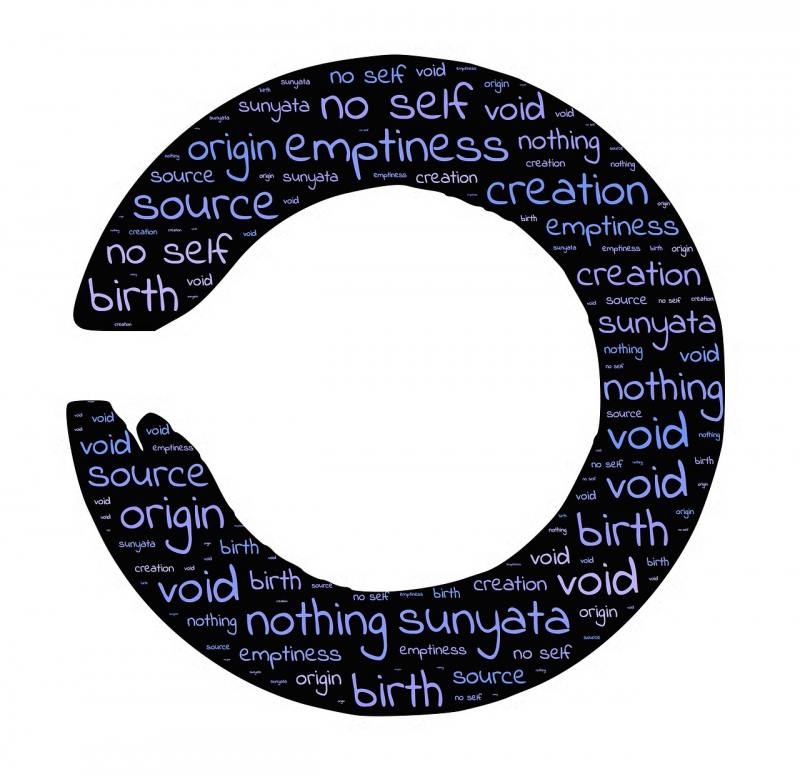Is it true that Buddhists believe there’s no such thing as “self”?
The concept of anatta, meaning "not-self" in Pali (anatman in Sanskrit), has led to various interpretations in Buddhism. It is often translated as "no self," leading to the misconception that Buddhists deny the existence of a self altogether.
However, the Buddha himself did not directly answer whether a self exists or not. He cautioned against getting entangled in such philosophical debates, as they can lead to confusion and distract from the path to liberation from suffering.
In general, many Buddhists understand not-self to mean that there is no fixed, inherent, unchanging self. Instead, our perception of self-arises from ever-changing physical and mental processes, sensations, impressions, and reactions. This attachment to a fixed identity causes suffering and dissatisfaction. For instance, fearing aging is a result of clinging to a specific sense of self, like being young, healthy, or immortal, rather than accepting it as a natural part of life.
The Buddha emphasized the importance of recognizing not-self as a means to investigate the roots of suffering and find liberation from it. By realizing the impermanence and interconnectedness of all things, we learn to let go of attachments, such as the beauty of youth, and ultimately find inner peace.
In summary, the notion of not-self in Buddhism encourages us to let go of fixed identities, embrace impermanence, and discover the path to freedom from suffering.












